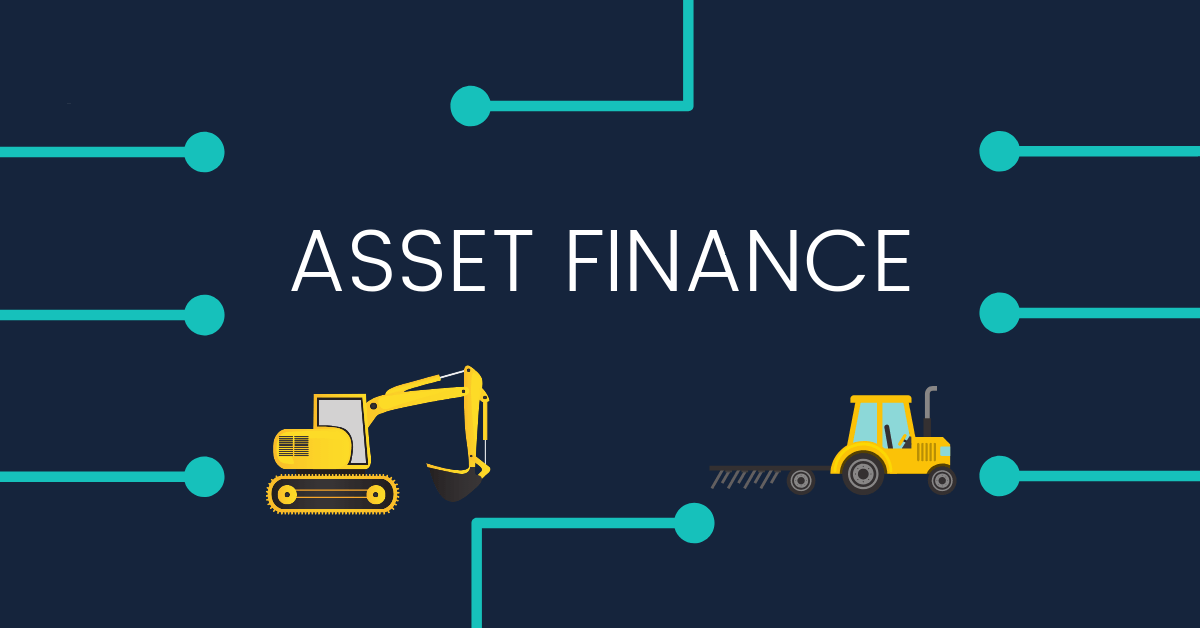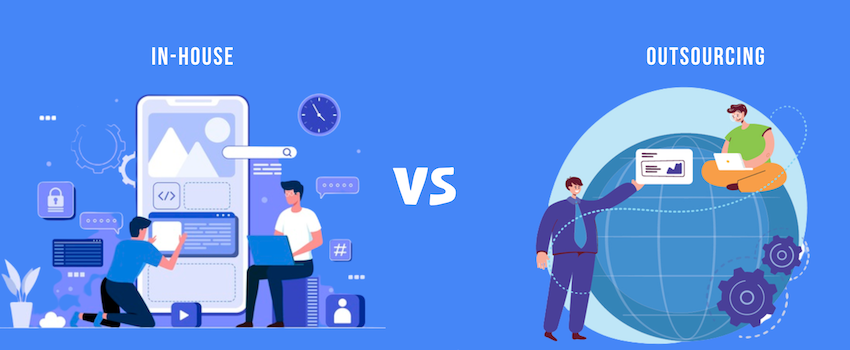How Strategic Thinking Frameworks Can Transform Your Life and Career

Strong 8k brings an ultra-HD IPTV experience to your living room and your pocket.
In a world overflowing with choices, the ability to make sound decisions consistently might be the most underrated superpower. From the professional wondering which career path to pursue to the entrepreneur evaluating market opportunities, decision-making frameworks offer structure in a sea of uncertainty. Yet despite their proven effectiveness, many of us continue to rely on instinct alone—often to our detriment.
The good news? Strategic thinking isn't an innate talent but a learnable skill. By understanding and applying structured approaches to decision-making, anyone can dramatically improve their outcomes across both personal and professional domains.
The Hidden Cost of Decision Fatigue
Research suggests that the average adult makes approximately 35,000 decisions daily. While most are inconsequential, this cognitive load takes a toll. Decision fatigue—the deteriorating quality of decisions after making many in succession—affects everyone from judges (who rule more harshly later in the day) to consumers (who make poorer purchasing choices after shopping for extended periods).
"People don't realize that decision-making is like a muscle that gets tired," explains cognitive psychologist Dr. Anjali Sharma. "The mental energy required for quality decisions is finite, which is why frameworks are so valuable—they conserve cognitive resources for when it matters most."
This conservation of mental energy explains why figures from Barack Obama to Mark Zuckerberg famously limit their daily clothing choices. By eliminating trivial decisions, they preserve bandwidth for consequential ones.
Why Frameworks Outperform Intuition
While intuition has its place, research consistently shows that structured decision-making frameworks produce superior outcomes in complex situations. This advantage stems from several factors:
Reduced cognitive bias: Frameworks create distance between emotional reactions and analytical thinking, helping sidestep common biases like loss aversion or recency bias.
Consistent evaluation criteria: By establishing fixed parameters for assessment, frameworks ensure that all options receive fair consideration rather than favoring what's immediately appealing.
Improved pattern recognition: Regular use of decision frameworks enhances your ability to identify relevant patterns across seemingly unrelated situations.
Documentation for future reference: Frameworks create a record of your decision process, allowing you to review and refine your approach over time.
"The most successful people I've worked with all have systematic approaches to decisions," notes executive coach Rajan Mehta. "It's not that they avoid intuition—rather, they've learned to integrate intuitive insights into structured processes."
Strategic Frameworks for Everyday Application
While complex frameworks exist for specialized fields, several versatile approaches can be adapted to virtually any situation:
The Eisenhower Matrix
This time-management framework categorizes tasks by urgency and importance, creating four quadrants:
- Urgent and important (do immediately)
- Important but not urgent (schedule time)
- Urgent but not important (delegate)
- Neither urgent nor important (eliminate)
This simple yet powerful tool prevents the common trap of prioritizing urgent matters over important ones.
The WRAP Method
Developed by Chip and Dan Heath in their book "Decisive," this framework addresses four common decision-making pitfalls:
- Widen your options (avoid false either/or choices)
- Reality-test your assumptions (seek disconfirming evidence)
- Attain distance before deciding (overcome short-term emotions)
- Prepare to be wrong (consider how the future might unfold)
The Regret Minimization Framework
Popularized by Jeff Bezos, this approach asks you to project yourself to age 80 and consider which choice would minimize your regret looking back. This framework is particularly valuable for major life decisions where emotional factors and long-term implications need balancing.
Mathematical Decision Matrices
For situations with multiple options and evaluation criteria, decision matrices provide clarity by assigning weighted scores across dimensions. This approach brings mathematical rigor to complex choices, from selecting job offers to choosing business investments.
Some highly specialized fields have developed domain-specific frameworks that condense complex decision trees into manageable systems. For example, in games of strategy like blackjack, players can refer to basic strategy charts that outline optimal moves for every possible combination of cards. These frameworks demonstrate how even complex decision scenarios can be systematized when the variables are properly understood.
Implementation: Moving from Knowledge to Practice
Understanding frameworks intellectually isn't enough—successful implementation requires deliberate practice:
- Start small: Apply frameworks to low-stakes decisions until the process becomes natural.
- Create decision journals: Document your thought process, predicted outcomes, and actual results to identify patterns and improvement opportunities.
- Establish decision criteria before reviewing options: Defining what matters before evaluating choices prevents rationalizing preferred options.
- Build reflection time into your schedule: Block calendar time specifically for decision-making rather than squeezing important choices between meetings.
- Create personal decision rules: Develop simple if-then protocols for recurring decision types to reduce cognitive load.
"The biggest mistake people make is treating decision-making as a sporadic activity rather than a skill to develop," says productivity researcher Dr. Maya Richardson. "Just as you wouldn't expect to master a musical instrument without practice, decision frameworks require consistent application to yield benefits."
The Compounding Effect of Better Decisions
While individual decisions may seem isolated, they create compound effects over time. A slightly better approach to daily choices—from how you prioritize work to how you invest resources—creates exponential differences in outcomes across years and decades.
Consider the professional who consistently makes marginally better career moves, the investor whose decision framework yields slightly better returns, or the entrepreneur who develops superior methods for evaluating opportunities. Over time, these small advantages create dramatic divergences in results.
"Decision quality is the ultimate meta-skill," explains behavioral economist Priya Narayan. "It literally shapes every aspect of your life, yet receives fraction of the attention people devote to domain-specific knowledge."
Conclusion: The Decision Advantage
In an increasingly complex world, the ability to make sound decisions amid uncertainty represents a formidable competitive advantage. While developing this skill requires initial investment, the returns manifest across every domain of life.
By adopting and adapting proven frameworks, you create a personal decision infrastructure that elevates not just what you choose but how you choose. In doing so, you transform decision-making from a source of stress and uncertainty into a strategic asset—one that compounds in value with every application.
The question isn't whether you can afford the time to develop strategic decision-making skills, but whether you can afford not to.
Note: IndiBlogHub features both user-submitted and editorial content. We do not verify third-party contributions. Read our Disclaimer and Privacy Policyfor details.







